people
Meet the Sonic Intangibles team

Newcastle University
School of Arts and Cultures
Dr Jorge Boehringer — Research Associate
Jorge Boehringer is a composer, writer, and multimedia artist whose work instigates and explores instability, contingency, and noise. Jorge investigates time and temporality through the creation and modeling of real and imagined aspects of ‘nature’ through spatialized sound installation environments. Norths, a recently exhibited collection of sonfication-centred sound and visual installations, interrogates the role of measurement standards in the construction of knowledge, personal identity, and social reality.
Jorge’s musical processes frame vibration-events in the process of being perceived. Jorge composes and records music for large and small ensembles, and, for himself as solo performer (see, for example, his ongoing project Core of the Coalman). Jorge is an instrumentalist, regularly performing with viola, viol, guitars, percussion, synthesizers, and other electronic instruments, many of his own design. In addition to music, Jorge also composes texts, including poetry, code, graphic art, and fiction.
Jorge has recently worked as a Research Fellow in Art and Environment for Sensing Remoteness, an interdisciplinary research initiative emerging from the Fine Art department of Northumbria University, and was Research Associate for the Leverhulme funded Radical: A New Interdisciplinary Space for Sonification, and a Research Fellow with Spaes Lab in Berlin, Germany. During his PhD at CeReNem (University of Huddersfield, UK), Jorge studied with Bryn Harrison and Peter Ablinger. He has an Masters of Arts from Mills College (Oakland, CA, USA) where he studied with Pauline Oliveros, Fred Frith, and Alvin Curran, and worked on research residencies with Gordon Mumma, Maryanne Amacher, Paul DeMarinis and Alan Kaprow. He is a committed artist-organizer-activist within the DIY music and art community. More to hear at www.jorgeboehringer.com.

Northumbria University
NUSTEM
Professor Carol Davenport - NUSTEM
Carol is a Professor of STEM Engagement, and Director of NUSTEM at Northumbria University. Carol began working in education at Barnsley College as a Physics lecturer, and later taught at a large North East school. Moving into teacher education, she worked within the network of Science Learning Centres for over five years, and with the Institute of Physics as a Physics Network Coordinator for the Stimulating Physics Network. Carol is an experienced curriculum designer and textbook author. She is also a governor at a local school and college. Carol’s research interests include career aspirations in young children, and diversity in STEM.
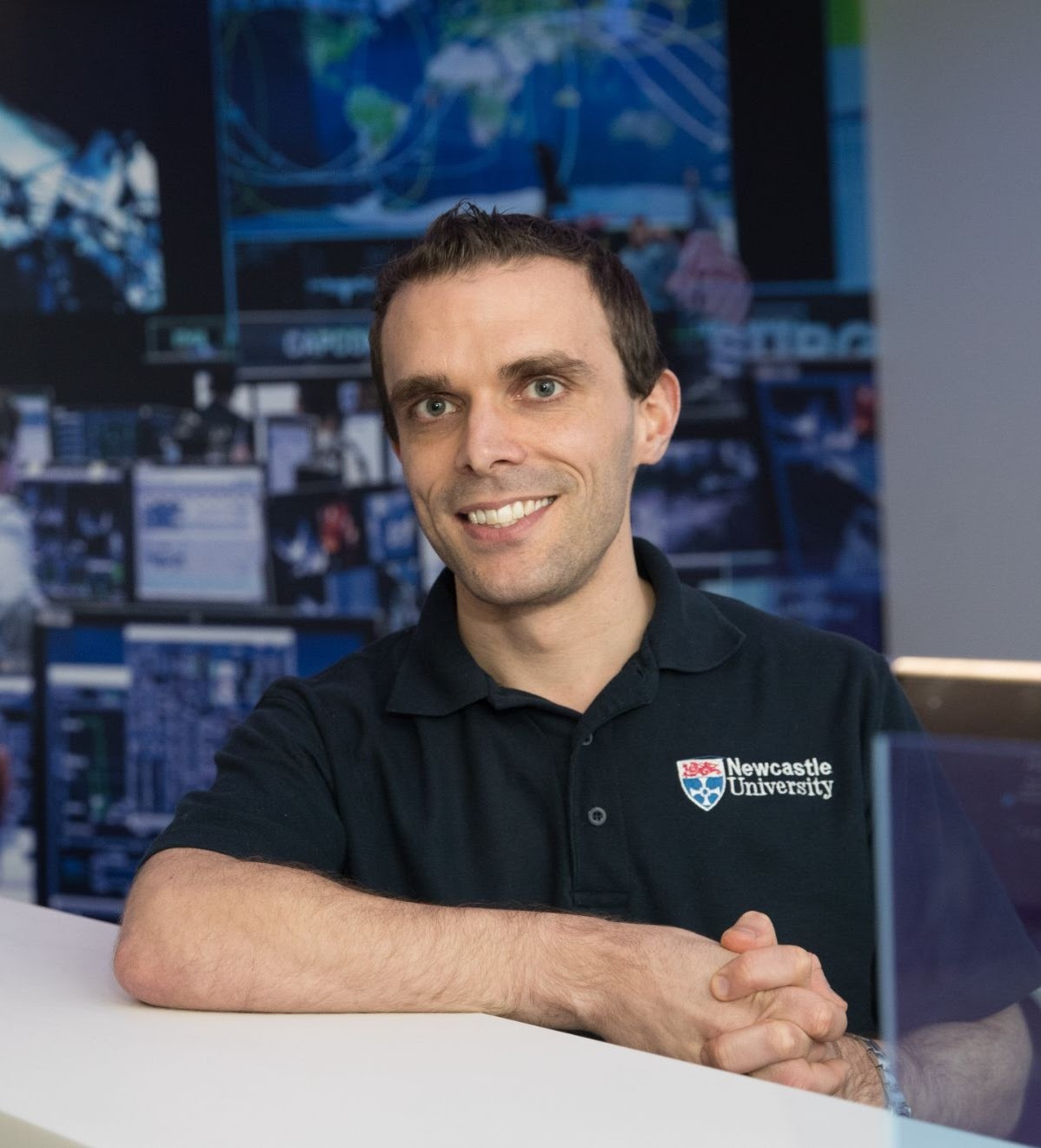
Newcastle University
School of Mathematics, Statistics, and Physics
Dr Christopher Harrison — Project Co-Lead
Chris is Reader in Astrophysics and currently holds a UKRI Future Leaders Fellowship at Newcastle University, working in the Astrophysics and Observational Cosmology group. He is an observational astronomer with the main goal of understanding how galaxies formed, and with a particular interest in the role of growing supermassive black holes (i.e., Active Galactic Nuclei; AGN). Towards this he uses a suite of observational facilities across the world (and in space!) covering the electromagnetic spectrum, to study both nearby and distant galaxies. Chris also conducts research into how sonification can be used to enhance scientific discovery, make science more accessible and make science communication more immersive. A summary of his research activities can be found on his personal website.
Chris has a strong interest in public engagement and accessibility to science. This includes the creation of educational exhibitions, activities and workshops, and leading international engagement projects.
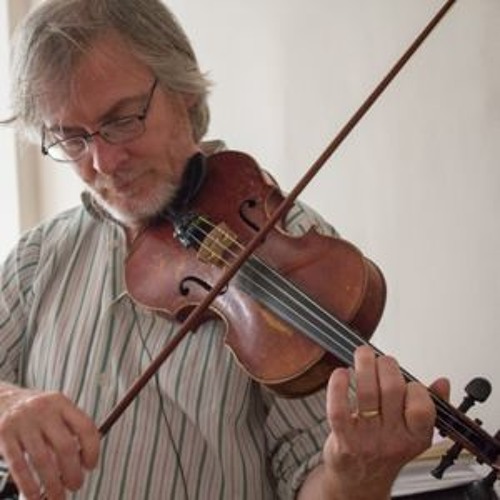
Newcastle University
School of Arts and Cultures
Dr Bennett Hogg — Project Co-Lead
Bennett is Senior Lecturer in Music. He is a composer, improviser, and cultural theorist, with particular interests in electroacoustic music, environmental arts, and free improvisation. As a theorist Bennett’s particular interests are in the relationships between the human body and technology, the human voice, the mid-twentieth-century avant-garde in music, literature and the fine arts, and artistic perspectives on and engagements with the natural environment.
He was Principal Investigator of the AHRC-funded research project Landscape Quartet, and was involved in running projects as part of AHRC-funded “Northumbrian Exchanges” (PI Eric Cross), and has project involvement with AHRC-funded “Digital Originals” (Northumbria University and Newcastle Culture Lab) and “Creative Exchanges” (Culture Lab, Newcastle).
With Paul Vickers, Paul led Bennett co-led the Leverhulme Trust Research Project “RADICAL” (2021–2024) which sought to understand sonification listening and experience at a fundamental level.

Northumbria University
Dept. of Computer and Information Sciences
Dr Shelly Knotts — Research Fellow
Shelly Knotts produces live-coded and network music performances and projects which explore aspects of code, data and collaboration in improvisation. Based in Newcastle Upon Tyne, UK, she performs internationally, collaborating with computers and other humans. In 2021-2023 she was an Artist-in-Residence on the Heritage Lottery funded Seascapes project, working with communities in Sunderland.
In 2018-2021 she was a Post-doctoral Researcher at Durham University working on AHRC project: Musically Intelligent Machines Interacting Creatively. She completed a PhD in Live Computer Music at Durham University with a focus on collaboration in Network Music. She was Leverhulme artist in residence at Newcastle University in 2017, and a Post-doctoral researcher at Monash University, Melbourne in 2017-2018.
She has performed at numerous Algoraves and Live Coding events worldwide, both solo and with collaborative projects including algo-pop duo ALGOBABEZ (with Joanne Armitage), OFFAL (Orchestra For Females And Laptops), and live coding performance [Sisesta Pealkiri] with Alo Allik.
In 2017 she was a winner of PRSF The Oram Awards for innovation in sound and music. (Profile image source Mariah Tiffany)

Northumbria University
NUSTEM
Annie Padwick — NUSTEM
Annie is an evaluator and social researcher with NUSTEM. Annie’s background is in social sciences and social inclusion. She started out in the Third Sector within organisations working to improve the outcomes of children and young people, before moving into Higher Education. Annie is a mixed-methods researcher who leads on evaluation elements across the wide-variety of NUSTEM’s funded projects, as well as delivering external evaluation commissions and consultancies.

Northumbria University
NUSTEM
Dr Antonio Portas - NUSTEM
Antonio is an Assistant Professor who oversees the partner schools initiatives of NUSTEM, with an emphasis on careers contextualisation in the classroom and curriculum-led outreach activities. Prior to working at Northumbria Antonio worked for the widening participation team at Leeds Beckett University, where he also taught applied pedagogy to Physics PGCE teacher trainees. Other roles have included Science Outreach Facilitator at the University of Reading (part funded by SEPnet), and work for the Bradford Robotic Telescope at Bradford University, delivering science workshops for pupils and teachers around the usage of robotic telescopes in the classroom. His passion for science communication began when he was a presenter of live planetarium shows in his home town of Oporto.
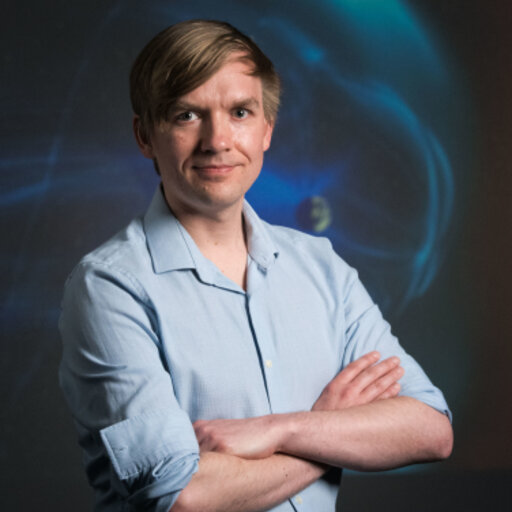
Northumbria University
Dept. of Mathematics, Physics, and Electrical Engineering
Dr Daniel Ratliff — Project Co-Lead
Dan is Assistant Professor of Mathematics. He is an Applied Mathematician with a small obsession on waves across physics – from the smaller polymer scales of statistical mechanics right up to waves in Near-Earth space. The running theme through everything he does is Nonlinear Waves and the PDE-based modelling associated with that. His field of expertise is water waves and hydrodynamics, but he has dabbled in many other wave systems since.

Newcastle University
School of Mathematics, Statistics, and Physics
Rose Shepherd - PhD student
Rose Shepherd is a PhD student at Newcastle University, who is using the STRAUSS code to explore new methods to represent galaxy spectra (1D and 3D) and time series data. The goals are to find alternatives to visual inspection, which can be very challenging with large and complex datasets, as well as find new methods to communicate complex phenomena.
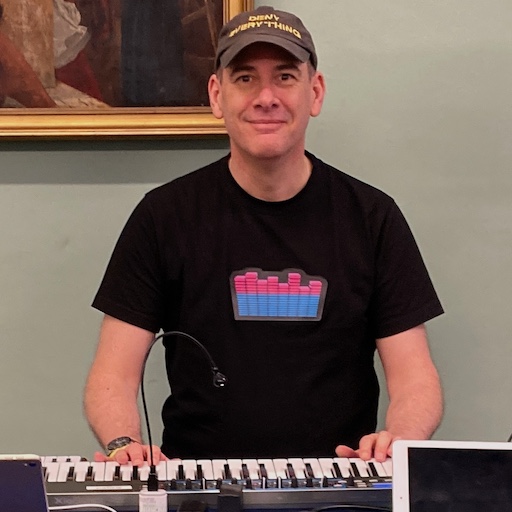
Northumbria University
Dept. of Computer and Information Sciences
Professor Paul Vickers — Project Lead
Paul is Professor of Computer Science and Sonification. He carries out teaching and research in the computing domain where it intersects with creative digital media. His primary research area is sonification and auditory display with a particular interest in how the aesthetic properties of scientific artefacts affect how they may be used, that is, how people interact with and experience them them.
Paul is currently President of ICAD, the International Community for Auditory Display and has previously served as an ICAD Board Member 2004-2012, 2015-2018, 2019–2022. In 2019 he hosted the International Conference on Auditory Display.
With Bennett Hogg, Paul led the Leverhulme Trust Research Project “RADICAL” (2021–2024) which sought to understand sonification listening and experience at a fundamental level.
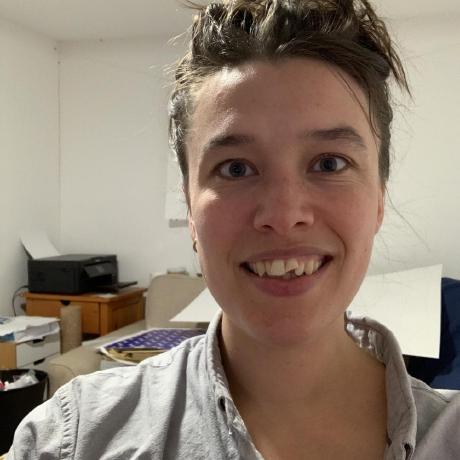
Northumbria University
Dept. of Mathematics, Physics, and Electrical Engineering
Dr Lucy Whalley — Project Co-Lead
Lucy is an Assistant Professor of Physics. Her research uses solid state physics, quantum chemistry and high-perforance computing to investigate why particular materials can efficiently generate energy from sunlight (solar cells), or repeatedly store and release energy (rechargeable batteries). She is Fellow of the Software Sustainability Institute. Lucy was previously a PhD student and post-doc in the Materials Design Group at Imperial College London, where she was awarded the Thomas Young Centre at Imperial award for her thesis “Defects and distortions in hybrid halide perovskites”.
Lucy is a qualified teacher in post-compulsory education and currently teaches computational physics and research computing skills at UG and PG level. She is a topic editor at the Journal of Open Source Software, and has a broader interest in how we can improve research practice in the computational sciences, with a focus on working openly and software publishing. Her research is supported by the Materials Chemistry Consortium, where she serves as a committee member.
You can read more about Lucy’s research interests at her personal website.